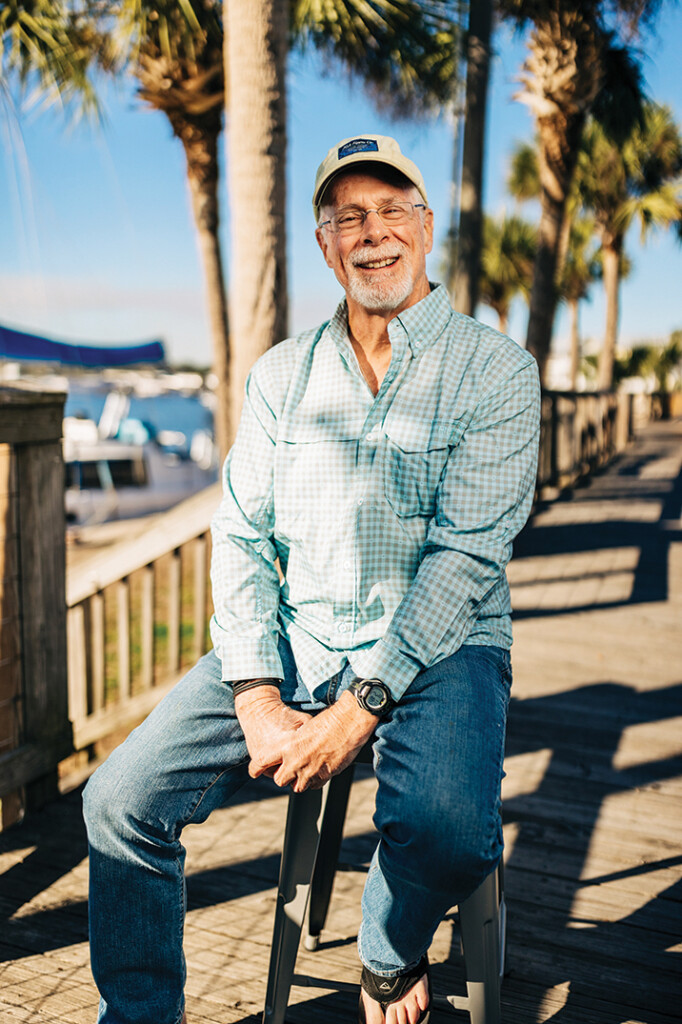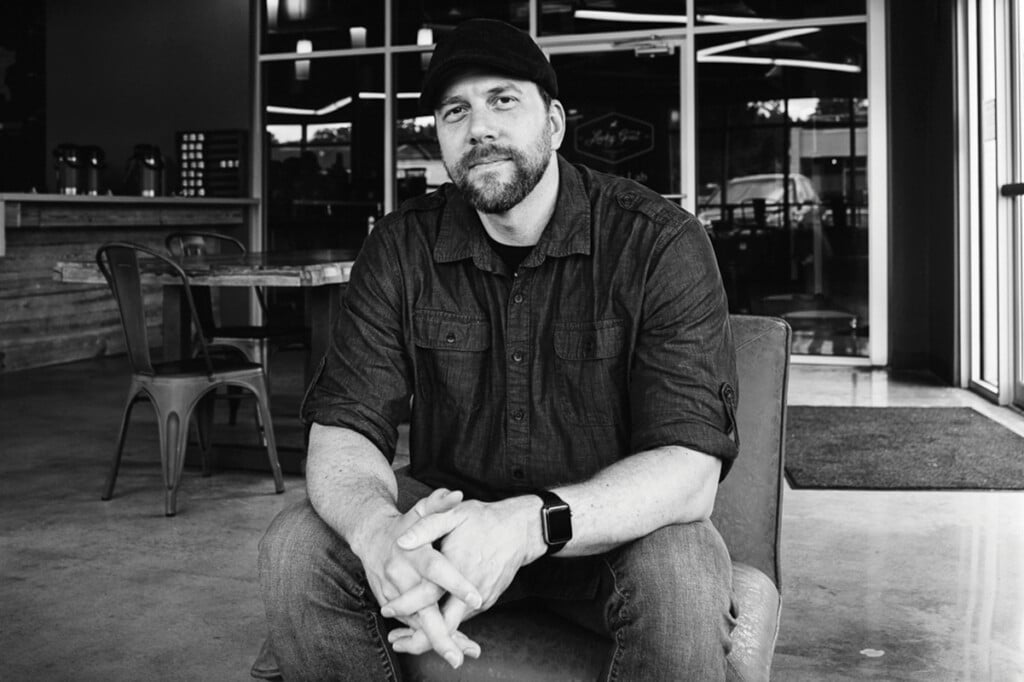Flailing Forward
Keeping pace requires thinking ahead

Crystal Washington has earned a reputation as a technology trends expert. In March, she presented a primer on artificial intelligence and its ramifications at BEYOND, Florida Power & Light’s Northwest Florida Economic Symposium, held at the Sandestin Golf and Beach Resort.
While the event has a regional orientation, many of the issues discussed were inevitably global in nature. Indeed, conference regular Dr. Jerry Parrish, the chief economist for the Metro Atlanta Chamber and a Florida State University faculty member, was called upon to address “The World Beyond Northwest Florida.”
In so doing, he talked about the emergence of Mexico as America’s No. 1 trade partner. He described the disruption to supply chains caused by pirates raising havoc in the Red Sea.
Eighteen years ago, the multiple Pulitzer Prize-winning Thomas Friedman wrote about an astounding realization he made while visiting India.
“Columbus accidentally ran into America but thought he had discovered part of India,” Friedman wrote in The World Is Flat. “I actually found India and thought many of the people I met there were Americans. Some had actually taken American names, and others were doing great imitations of American accents at call centers and American business techniques at software labs.”
Friedman met with the CEO of an Indian information technology business who observed that the worldwide dissemination of computers and the advent of email and search engines had made possible the delivery of intellectual work from anywhere.
“The playing field is being leveled,” the CEO said. It then occurred to Freidman that while Columbus proclaimed that the world is round, he was discovering that it is flat. That inescapable, inconvenient truth won’t go away, despite an intensifying current of isolationism in the U.S. and elsewhere.
It is no longer possible to conduct a regional conference that is strictly regional in scope.
Washington displayed two pictures of berries on the large screens at the front of the conference center ballroom, divided conference attendees into groups and directed them to reach a consensus about which berry they would eat if they were really hungry.
In one picture, there were edible wild grapes, in the other, fatally toxic moonseed berries. The vast majority of participants in the exercise chose the latter, perhaps because they appeared larger in the photos.
“You’re dead,” Washington said to the moonseed crowd.
She had sought to make the point that decision-making can only be as good as the information possessed by decision-makers, be they humans or AI programs. If the moonseed folks had known that wild grape plants have toothed leaves while moonseed plant leaves are pointed only at the tip, they might have lived.
The world has been flooded with information. The news media landscape is fractured like never before. People make choices. People take shortcuts. They spend time with the networks, writers and podcasters who supply them with content that is consistent with what they know, think they know or want to believe. Politics works the same way.
All of that is understandable. In a world where sea changes come like waves — computers, internet, social media, COVID-19, AI — we may flail about, looking for a life raft and pining for simpler times. Ah, but we’ve been tempted by poisonous fruit before. Those who seek refuge in the past may as well have moonseed berries on their Wheaties.
As Bob Dylan sings about a-changing times, “Better start swimming, or you’ll sink like a stone.”
Stay current,
Steve Bornhoft,
EDITOR, 850 MAGAZINE
sbornhoft@rowlandpublishing.com


